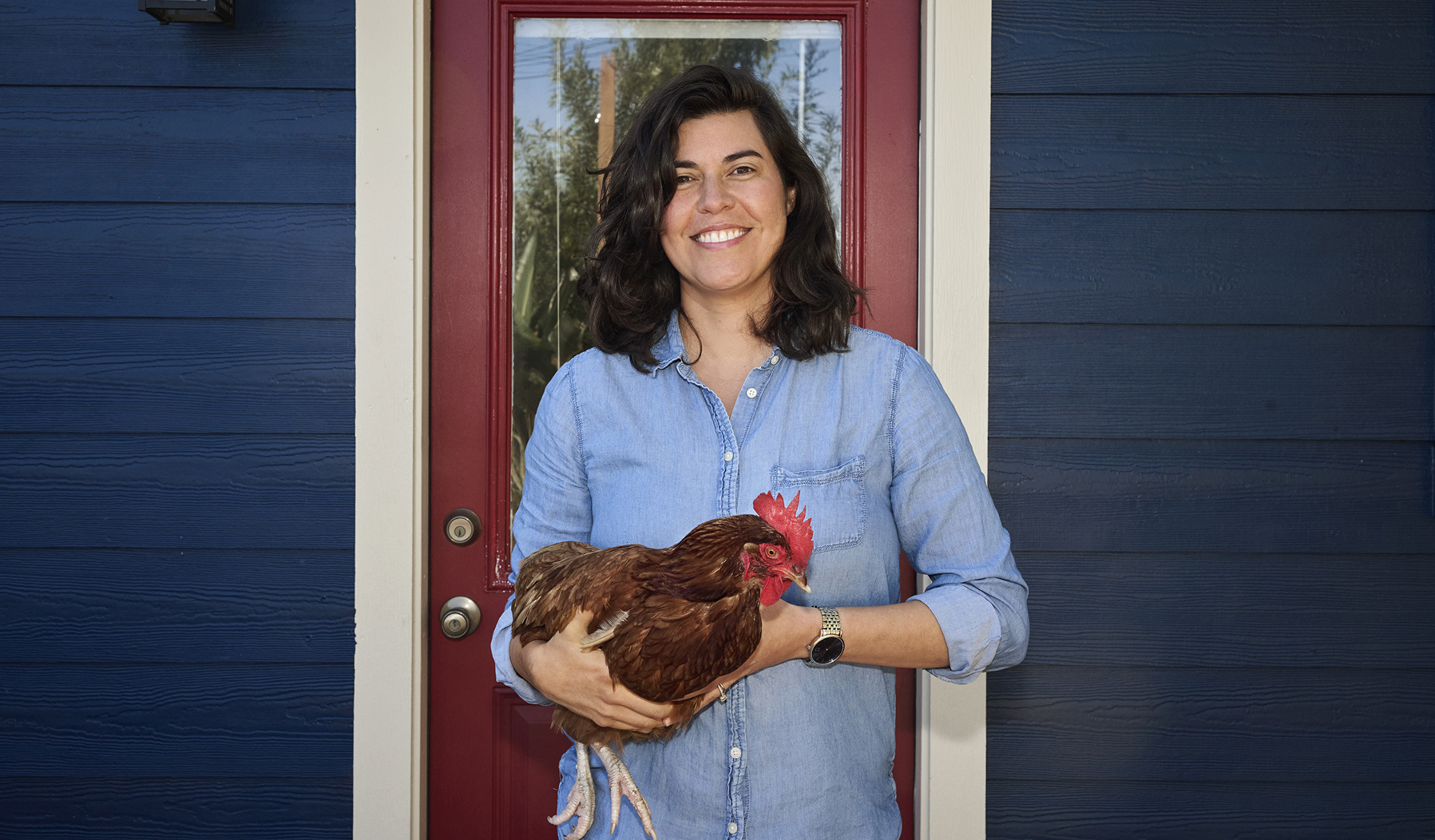Essentials by tiaa
Financial education
Essentials by TIAA gives you the tools, tips, and confidence to make everyday money decisions with lasting impact.
Know what matters. Start with the essentials.

Financial essentials
Understand the basics of budgeting, saving, and managing money.

Life moments
Get guidance on how to handle life's big milestones.
Not sure where to begin?
Explore topics and resources that fit your goals and help you make smarter money moves.
Discover more on YouTube
Get practical tips, expert insights, and real-world strategies for building your financial future--anytime, anywhere.
learn. plan. thrive.
We’re here to help
Get advice
Discover personalized advice tailored just for you—at no extra cost.
Explore financial webinars
Find expert insights on a range of financial topics.
Let's talk
Have questions? Our team is ready to assist--online, by phone, or in person.
This material is for informational or educational purposes only and is not fiduciary investment advice, or a securities, investment strategy, or insurance product recommendation. This material does not consider an individual’s own objectives or circumstances which should be the basis of any investment decision.